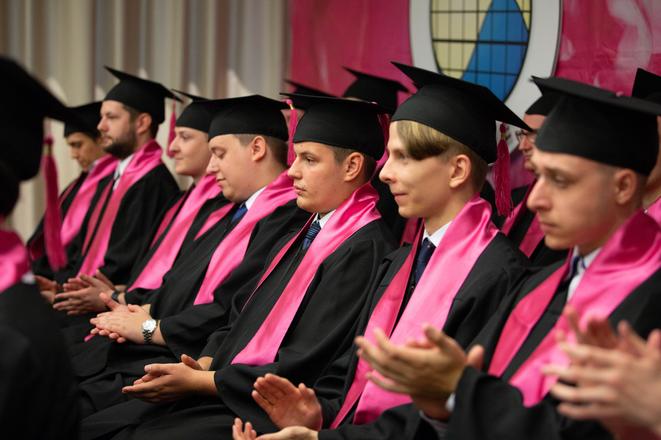Dual education is nothing new in Slovakia. Tomáš Baťa, a Czech entrepreneur and founder of the Bata shoe company, pursued this form of education in former Czechoslovakia.
However, the communist regime later scrapped this type of scheme, so when companies joined the education process to help schools improve the labour force by helping students obtain the necessary qualifications and expertise, they had to start from scratch.
While the biggest carmaker, Volkswagen Slovakia, launched its own dual education facility with other companies, others partnered with secondary schools to offer dual educational programmes with a high share of practical training.
Today, industrial companies, retail chains, IT companies, and providers of logistics services as well as companies in the hospitality sector offer educational opportunities for their future employees. The Slovak Spectator spoke about dual education with Lucia Kovarovič Makayová, spokesperson of Volkswagen Slovakia; Tomáš Polaščin, head of the department for HR development at VW Slovakia; Martina Schusterová, head of Education and Development Centre of Deutsche Telekom IT Solutions Slovakia; Matúš Čičvara, training and development specialist at Deutsche Telekom IT Solutions Slovakia; Stanislav Žák, HR manager of Gefco Slovakia; Lukáš Špilák, general manager of the Palace Hotel Pezinok; and Marcel Blaščák, manager at dm drogerie markt in Slovakia.
Questions
How do you evaluate Slovakia’s progress in introducing dual education in Slovakia?
How do you perceive state support for dual education and where do you see room for improvement?
How does dual education work in your company?
The Slovak Spectator (TSS): How do you evaluate Slovakia’s progress in introducing dual education in Slovakia?
Lucia Kovarovič Makayová (LKM): Technological developments in the automotive industry, and the automation, digitisation and robotics associated with this development, result in the emergence of new professions. Along with this, quality technical education is becoming increasingly important. For this reason, our educational activities aimed at strengthening the relationship with technology start in kindergartens and primary schools and continue with dual secondary and university education. It is important that the development of dual education goes hand in hand with the requirements of employers, in our case the automotive industry. There is still a shortage of experienced professionals in Slovakia, which is why we consider dual education to be extremely important for the future. Practical experience gained during high school is irreplaceable.
Martina Schusterová (MS): The system of dual education is currently being introduced in Slovakia mainly for secondary school students. However, as the second-largest employer in eastern Slovakia, it was more important for us to launch a pilot programme of post-secondary dual education in cooperation with the Secondary Industrial School of Electrical Engineering in Košice, which offers the possibility of practical training for graduates of secondary schools. In this way, we wanted to open the way for young people to the IT world, and at the same time employ skilled students who were looking for alternative methods of education and employment. At the moment, we are the only entity in the country offering higher professional studies in the IT field. In addition to prestige, this brings disadvantages, too. Due to the lack of practical experience and sharing of practices, it is more difficult to enforce the adjustments or innovations that we would need to bring into the system.
Stanislav Žák (SŽ): Dual education is advancing and there is a growing interest among students and companies, especially in terms of apprenticeship. It pleases us that trades like logistics and business academies have become involved in dual education. At the same time, we see as a weak point that first-year students must also take part in the training, when, from our point of view, this area is still too complex for them. It would be best if students attend the training later on.
Lukáš Špilák (LŠ): The headway is very slow. Nevertheless, while I perceive that dual education is a trend mostly in larger companies and factories, it is also very advantageous in smaller operations such as ours.
Marcel Blaščák (MB): The number of students, companies and schools joining the dual education scheme is increasing each year, which I view as a good trend. Compared to 2015, when the first students began to study in dual education classes, the promotion of this kind of education has grown moderately. Simultaneously, I see this as a space where we can do significantly better, i.e. to increase general knowledge about dual education and its advantages, study opportunities in concrete towns and regions or share the success stories of dual education graduates.
TSS: How do you perceive state support for dual education and where do you see room for improvement?


